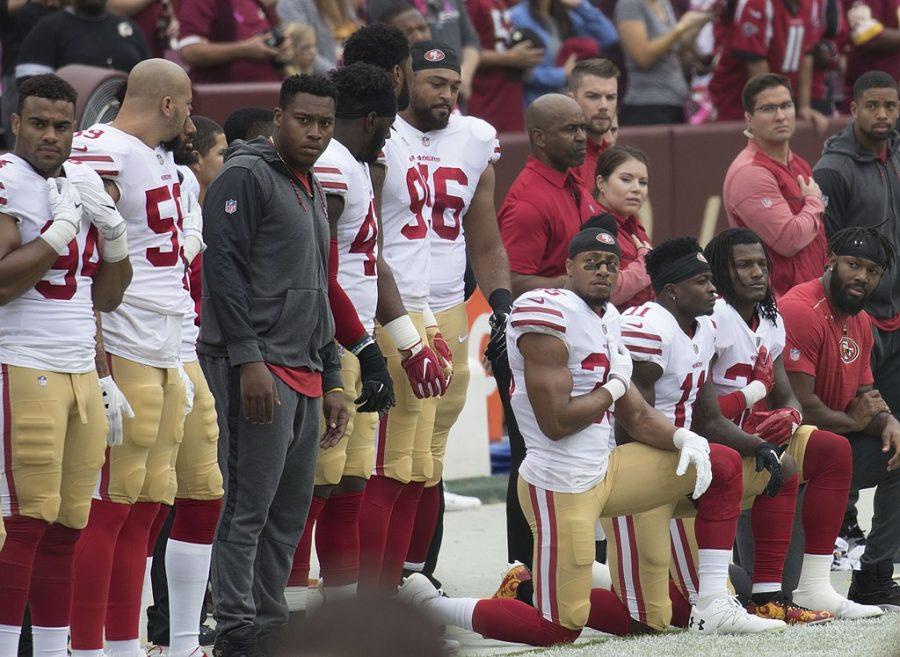On March 13, the time of the year most dreaded by students came along—the beginning of Daylight Saving Time (DST).
This meant that all students lose that beloved hour of sleep and gain an extra hour of daylight. But not many students know the reason behind DST or what the purpose is. Neither did I, until I got tired of being tired all the time, so I decided to do some research.
The general purpose for DST is to have more daytime during the winter months and to save on energy consumption. The idea first came along when Benjamin Franklin served as the American delegate in Paris in 1784. He suggested that the people living in France change their sleeping schedules in order to save money on candles. However, the French did not take his suggestion at that time. William Willett, a London builder, was the first one to suggest an actual clock change in 1907, but the idea was highly controversial. Most countries didn’t adopt DST until the beginning of World War I or later, including the U.S. in 1918. Again the idea was controversial, so the U.S. dumped DST until it became necessary in World War II.
Federal law does not require every state to follow DST, but if a state does decide to do so then it must observe the same rules, meaning it must follow the same starting and ending time. Because of this restriction, not all 50 states go along with DST: Arizona and Hawaii don’t. Until recently, only certain parts of Indiana went along with DST, but state legislation now requires them to be all in or all out. Now, Indiana is split up into two different time zones—half following Central Daylight time and the other half following Eastern Daylight Time.
Along with Arizona and Hawaii, Japan, China, the majority of Australia and countries near the equator do not follow the DST. DST is observed in most of Canada, Mexico, and the European Union. In the Southern Hemisphere, where the seasons are opposite that of the Northern Hemisphere, DST is observed from late October to late March.
When DST starts, time jumps one hour ahead, making the daylight hours longer. When it ends, the time leaps back an hour, making days shorter and allowing everyone an extra hour of sleep. I think that sleep is very important. Without it, no one functions properly. The idea of getting an hour less of sleep is horrifying. While it’s just that one day when time changes that we lose or gain the hour of sleep, it’s still important.
Another perk of shorter days is that the sun is out earlier. For those of us that ride the bus, that means there is actually a bit of sunlight when you’re outside waiting in the morning.
I think that DST is ridiculous—there’s no point to it. What are we going to do with an extra hours of sunlight? Tan and get skin cancer? This isn’t Jersey Shore, so I think not. I also think that if most of the U.S. is observing DST then all of the U.S should as well, including Arizona and Hawaii. It should either be one way or the other, either all 50 states follow DST or they don’t. Personally, I’m thinking DST should be abolished.
And what about the so-called energy savings that take place with DST? There aren’t any because of today’s society. People are constantly on the go. They aren’t sleeping like they use too, and they aren’t doing the same things they used to back in the day when DST was created. We don’t need to burn candles or use kerosene lamps to have extra light. When we need light, all we have to is flip a switch and voilà, you’ve got light. Back in the day, DST might have saved energy, but now-a-days it’s just not a good idea.
Not only that, but it would be smarter to get rid of DST since the entire world does not run on it. Only 70 countries run on the DST schedule. Only 70 out of the 195 countries in the world think that DST is a good idea. Think about the confusion that goes on when the time changes. When the time shifts, there is plenty of confusion among international business. Things can screwed up and it ends up as one big mess. The others that don’t follow DST are trying to say something—DST is not a good idea.
DST was created in order to conserve energy. It said that the most energy is saved when people are sleeping. Well, if there is an extra hour of daylight people are going to go to sleep later, causing them to use that extra hour of energy. If people are to wake earlier, again they are going to use more energy. Maybe it’s just me, but DST is starting to look like a very bad idea.


